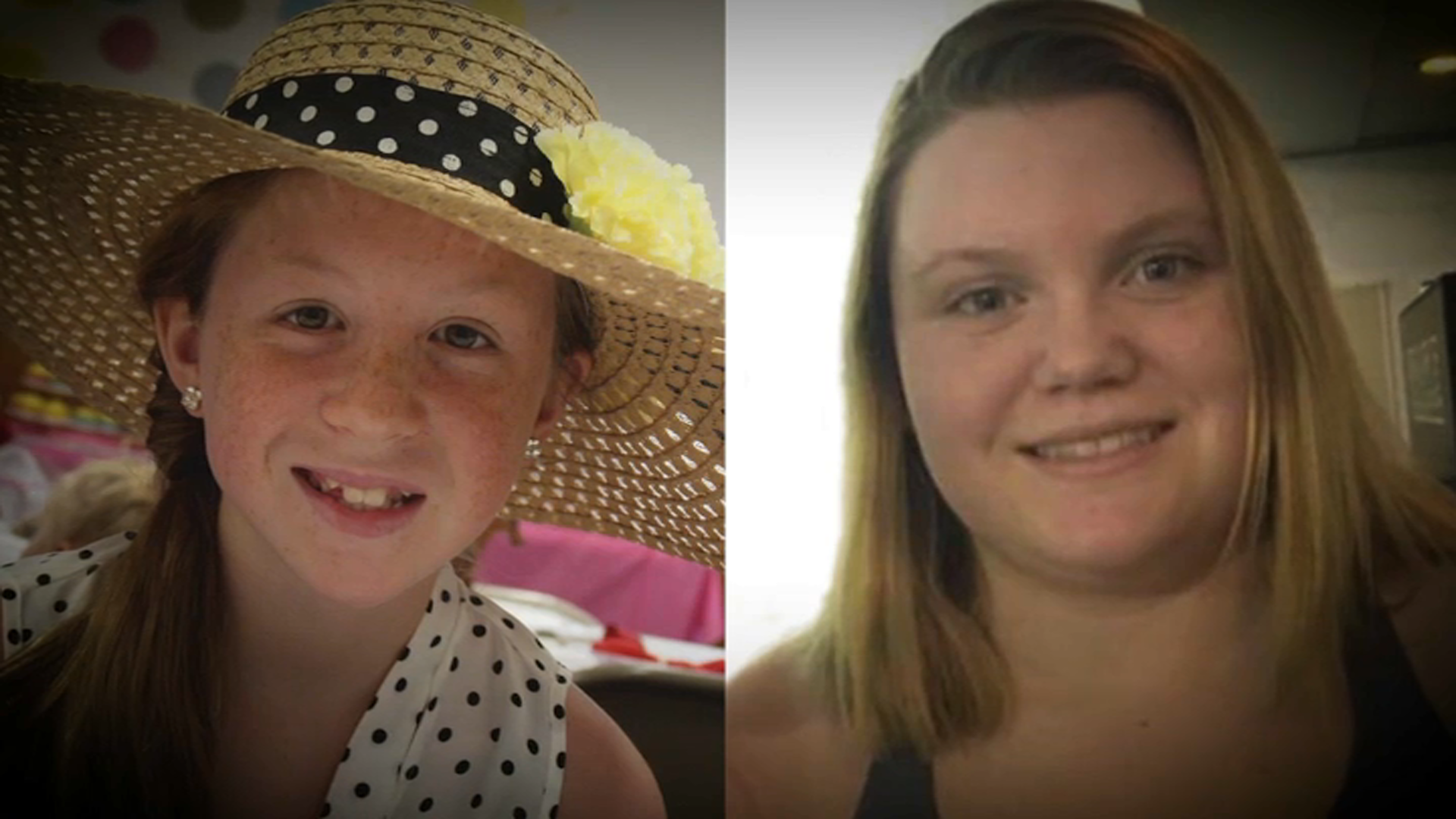Closing underperforming Chicago schools and shuttling the kids who went to them elsewhere has virtually no effect on the kids' learning, according to a new University of Chicago report.
One reason: Most students are just sent to other crappy schools.
Just six percent of kids at schools that were shut down were re-assigned to significantly better schools, the study by the Consortium on Chicago School Research says. Those students did improve academically, suggesting that perhaps the city's best schools should be reserved for students who need them most instead of those with the most clout.
Chicago school officials have argued that closing a low-performing school is sometimes a better solution than trying to fix it. Chicago has closed 44 schools since 2001, though that also includes schools closed for "underutilization," meaning low attendance.
The report's six major findings:
1. Most students who transferred out of closing schools re-enrolled in schools that were academically weak.
2. The largest negative impact of school closings on a students' reading and math achievement occured in the year before the schools closed.
Local
3. Once students left schools slated for closing, on average the additional effects on their learning were neither negative nor positive.
4. Although the school closing policy had only a small overall effect on test scores, it did affect summer school enrollment and subsequent social mobility.
5. When displaced students reached high school, their on-track rates to graduate were no different than the rates of students who attended schools similar to those that closed.
6. The learning outcomes of displaced students depended on the characteristic of receiving schools.
And that last one really seems to be the point. If you're just going to send kids from one bad school to another, closing schools has little academic value.
Steve Rhodes is the proprietor of The Beachwood Reporter, a Chicago-centric news and culture review.



